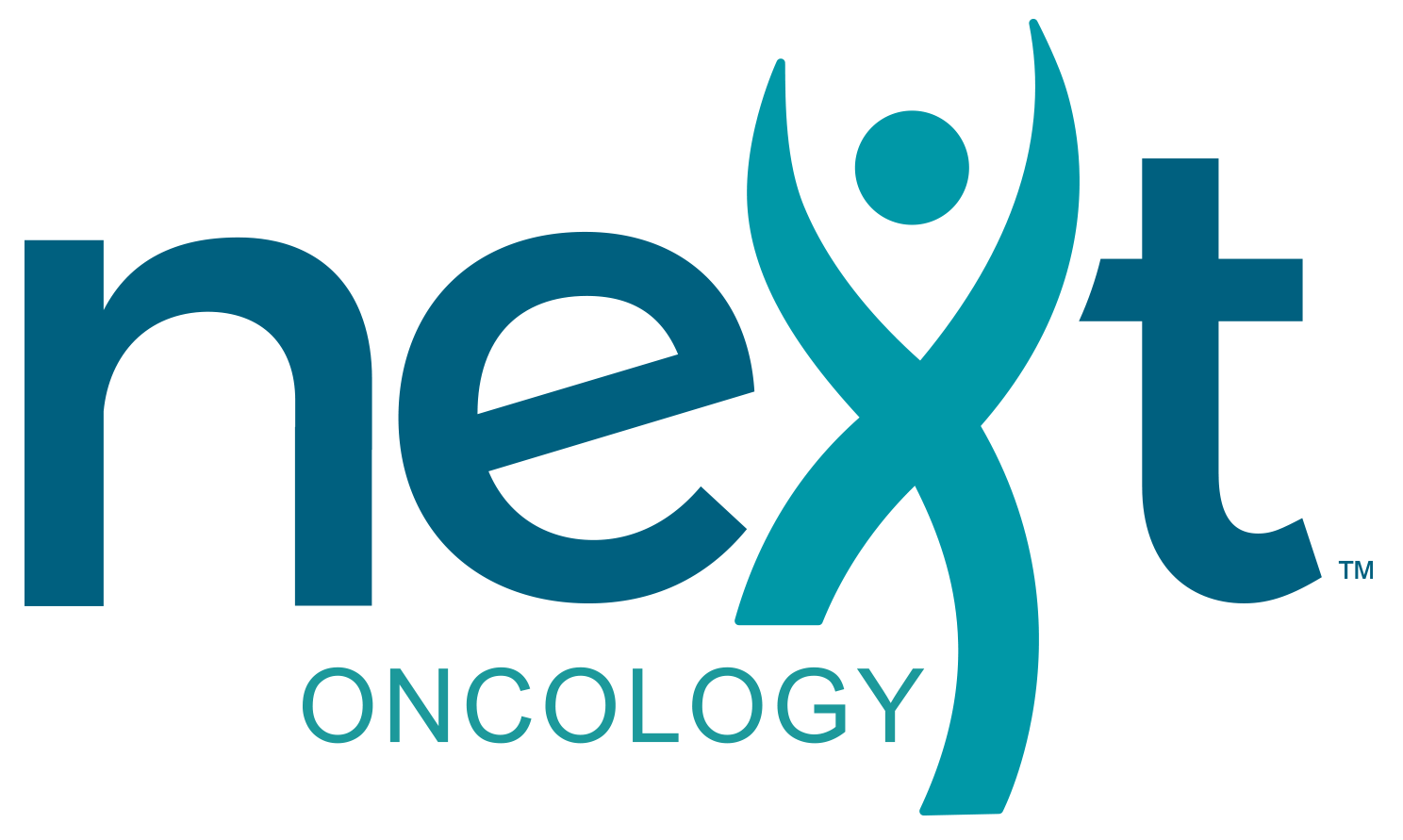Cancer patients and their caregivers often have questions when exploring treatment options, especially when it comes to early-stage clinical trials. The physicians and clinical investigators at NEXT Oncology have pulled together a list of frequently asked questions. In this blog, they answer the questions in a succinct manner, but encourage patients to have more in-depth conversations with their physicians when choosing the right treatment plans for their cancer diagnosis.
Dr. Tolcher
- Why is clinical research important?
Since many cancers need better or new treatments this will only come about through cancer research and clinical trials of these new agents. We are in a golden age of drug development with more investigational medicines (over 800) in clinical trials right now and many of these medicines are targeted therapies or immune therapies to treat cancer rather than chemotherapy agents
- What are the pros/cons or benefits/risks of clinical trials?
The many benefits from clinical trials are that patients with hard-to-treat cancers can receive new investigational therapy that may benefit them and will benefit the development of newer therapies and society as a whole. All the current therapies we use began in clinical trials.
In addition, close care is given for patients going on clinical trials and in many cases the costs of the investigational therapies are paid for by the sponsor. With the cost of pharmaceuticals being the largest cost for most patients, this may be important.
Clinical trial participation does require more time from the patient with more visits and longer visits. These are necessary to understand the safety and effectiveness of the new agent. Also, since the drugs are new, and we are learning about how they work there is the possibility of unexpected side effects. However, the close care and frequent visits usually are designed to manage these if they happen.
Dr. Vandross
- Will I receive a placebo?
No, patients in Phase I studies do not receive placebo. In fact, clinical trials for cancer patients generally do not use placebo when testing a new therapy.
- Can I get a higher dose if the one I get is not working?
In general, no, you may not get a higher dose of drug if the one you have been getting is not working. In those cases, your physician will discuss potentially looking for another Phase I study. There are exceptions to this in some studies, which will be discussed with you prior to signing up for study.
Dr. Wilks
- Are clinical trials experiments?
Clinical trials for cancer care are studies that are testing the value and safety of a new treatment in managing cancer. There must be an established structure that allows for criteria for enrollment to be confident that the findings are valid. Though unknown, often there is preclinical information that suggests there may be value, but these well-constructed measures ensure consistency and safety for those who are participating.
- Will you pick the trial that is best for me?
Yes. At NEXT Oncology, we currently have more than 100 clinical trials for patients who need a new option in controlling their cancer. Some are very targeted looking for effectiveness in tumors that have a precise marker. Many of our trials are testing novel ways to augment a person’s immune system to enhance cancer control and death. Each patient when evaluated for clinical trial is carefully assessed based upon their history and prior therapy and associated medical problems and we strive to select the best trial for each individual that we hope will provide treatment that is safe and effective.
Dr. Sommerhalder
- Can I change my mind once I am on the trial if I don’t like it or if it’s not working?
At NEXT Oncology, all our trials are voluntary. This means that you decide as the patient whether you would like to participate. This also means that you may withdraw from the study at any time, with or without a specific reason. As physicians we like to try to work through any concerns together with the patients.
- What happens if I can’t tolerate treatment or if the trial doesn’t work?
Side effects are possible with many cancer treatments. We like to focus on a good quality of life and therefore try to manage side effects quickly. When a patient begins a clinical trial, we have frequent visits at first to ensure that side effects are being detected and treated early. We have many options to do this including pausing the treatment, lowering the dose, or adding supportive medications.
Not all clinical trials work, and for this reason we obtain frequent labs and imaging tests. If the tests do not show improvement or good disease control then we generally would stop the clinical trial and discuss other options. This may include another clinical trial that works differently, an approved therapy, or even discussing observation without treatment or supportive therapies.
- Is my health information kept confidential?
Everyone in the United States must follow HIPAA guidelines. We do, and we also try to go beyond that. We use secure servers to house patient data. For patients on our clinical trials, we do not report protected health information to the companies we work with. We do this by redacting the information we send to them and by assigning numbers to patients to use rather than names.
- Can my doctor give me the study drug?
Unfortunately for our types of clinical trials the drug must be administered at approved sites. Phase 1 clinical trial patients must be very closely monitored which requires specially trained staff that is not available in most oncology clinics.
Dr. Rodriguez
- How often am I monitored / required to see the physician?
Each clinical trial has a unique schedule and monitoring requirements. After enrolling in a clinical trial patients will receive a schedule that outlines monitoring and physician visits. Physician visits are required before, during, and when concluding a clinical trial. In addition to predetermined visits, if a patient has new symptoms or side effects additional physician visits are added as needed for monitoring and follow up.

